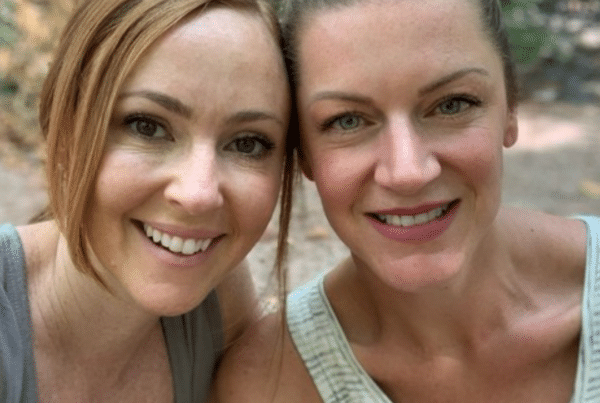1. Find the positive
Even if things aren’t going your way, or you find yourself in a crappy situation, find the glimmer of light. It shifts your energy to invite in more of the positive instead of more of the negative. There’s a difference between processing your hurt feelings/negative emotions while remaining hopeful and only focusing on the negative.
2. Spend time with people who lift you up
If you’re spending time with people who bring you down, you’re wasting your energy recovering from the negativity. Instead, spend time with people who inspire you, make you smile, make you think, make you learn. As a former co-worker of mine used to say, friends are free – choose wisely!
3. Get clear on what makes you happy
Sometimes we get stuck on a path – trying to accomplish something for the sake of accomplishment itself. When we finally achieve our goal, momentary joy is followed by hollow feelings. That’s because we were hoping to find happiness from the accomplishment instead of experiencing happiness in the pursuit of it. Other times, we’re not clear on what we really want. We’re not clearly calling out our desires to the universe. In either case, get clarity on what it is you want in terms of what will make you feel happy.
4. Feel and visualize what you want
Once you’re clear on what you want, spend a few moments a day and FEEL it as if it’s happening to you right in that very moment. Attune to the vibration of the feeling and you’re halfway there. As you’re feeling it, visualize it in your third eye. The more you do this, the more you’re aligning your energy to the energy of what it is you want. More often than not, we’re aligning to the fear of not being able to receive something. Start spending time aligning energetically with what you want!
5. Engage in activities that bring you happiness
Many of us get caught up on the treadmill of life…engaging in activities without consciously choosing them. Instead we allow them to choose us. Make a list of the activities that make you feel happy and schedule them into your week. Something to keep in mind…the activity has to make you feel good both during and after the activity (great conversation with friends) or happy after the activity (challenging run followed by a burst of energy). Something that feels good in the moment but brings pain afterward (guilt, remorse) isn’t truly a happy activity even if it feels like it in the moment (drinking too much wine). Evidence suggests that around forty percent of our happiness is determined by intentional activities (Bridget Grenville-Cleave, Positive Psychology Practical Guide).
6. Be grateful
Write it. Say it. Think it. Sing it. Paint it. Whatever works for you. The more grateful we are, the more we will have to be grateful for. This doesn’t have to be an added item on your never-ending to-do list. Integrate this practice into an existing activity. Such as sharing at the dinner table as a family, or talking to yourself in the shower or the car about it, or writing it in your journal if you’re in the habit of journaling.
7. See the lesson
We all screw up. How can you look at an experience and find the lesson in it? From my work with people I can say with certainty that there’s good in all of us. Sometimes we just lose our way. We speak from our hurt instead of our heart. Look for the lesson and move on. Commit to doing better next time. Lose the guilt, blame and judgment.
8. Have a get-back-on-the-happiness-wagon toolkit
We all have those moments when we lose our balance. Our eating is off. Our stress is too high. Our usual happy habits are collecting dust. Even something positive like a vacation can throw us off our game. As a result our energy feels low and we just don’t feel like ourselves. That’s why each of us needs a trusted toolkit to help us get back on the happiness wagon. What does yours include? Mine includes meditation, walking outside, eating right, playing with my dog and journaling.
9. End on a good note
There is a theory called duration neglect. Basically it means that the intensity of an experience – either positive or negative – and how the experience ends determines how we recall the event in our memory. In other words, the same uncomfortable 30-minute disagreement with your spouse will weigh less on you if the last few minutes of the discussion are less hurtful than the beginning and middle of the conversation. Even if you haven’t come to full agreement on something, commit to ending the experience on a less painful note.
10. Ask for help from the divine
The next time something is weighing on you, ask for divine assistance before you go to bed (from whatever you believe in – universe, angels, God, etc.). Ask for help resolving your situation. You’ll be surprised by subtle response you’ll receive. For example, you may receive an insight in the morning about something you’ve been mentally wresting with for days, or you might have a more peaceful feeling when you wake. There’s a whole divine army waiting to support you – all you have to do is ask!





